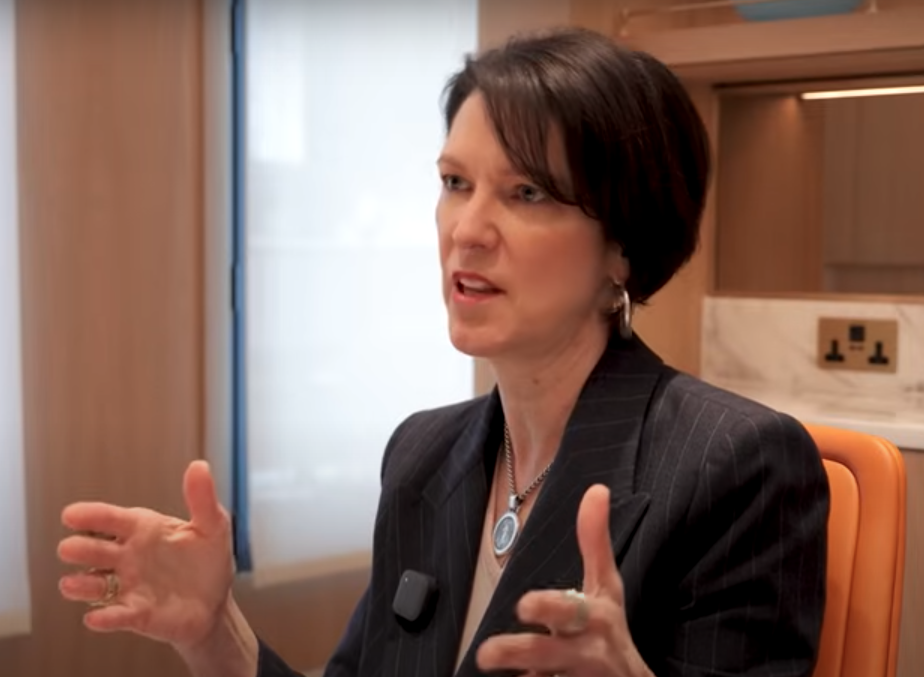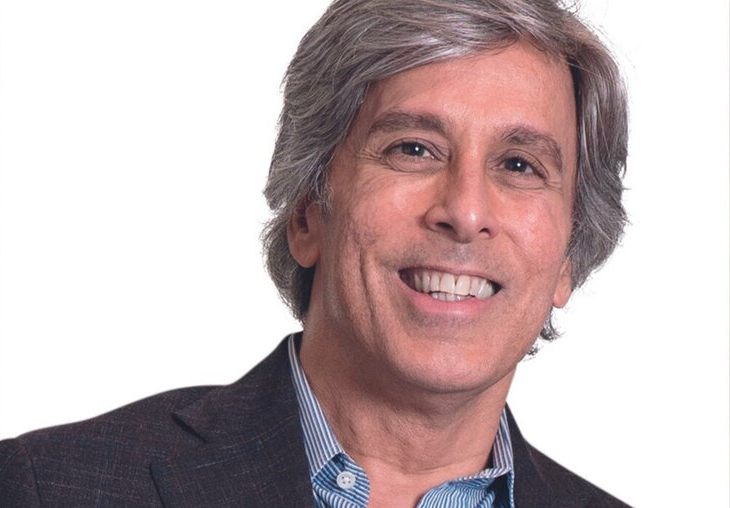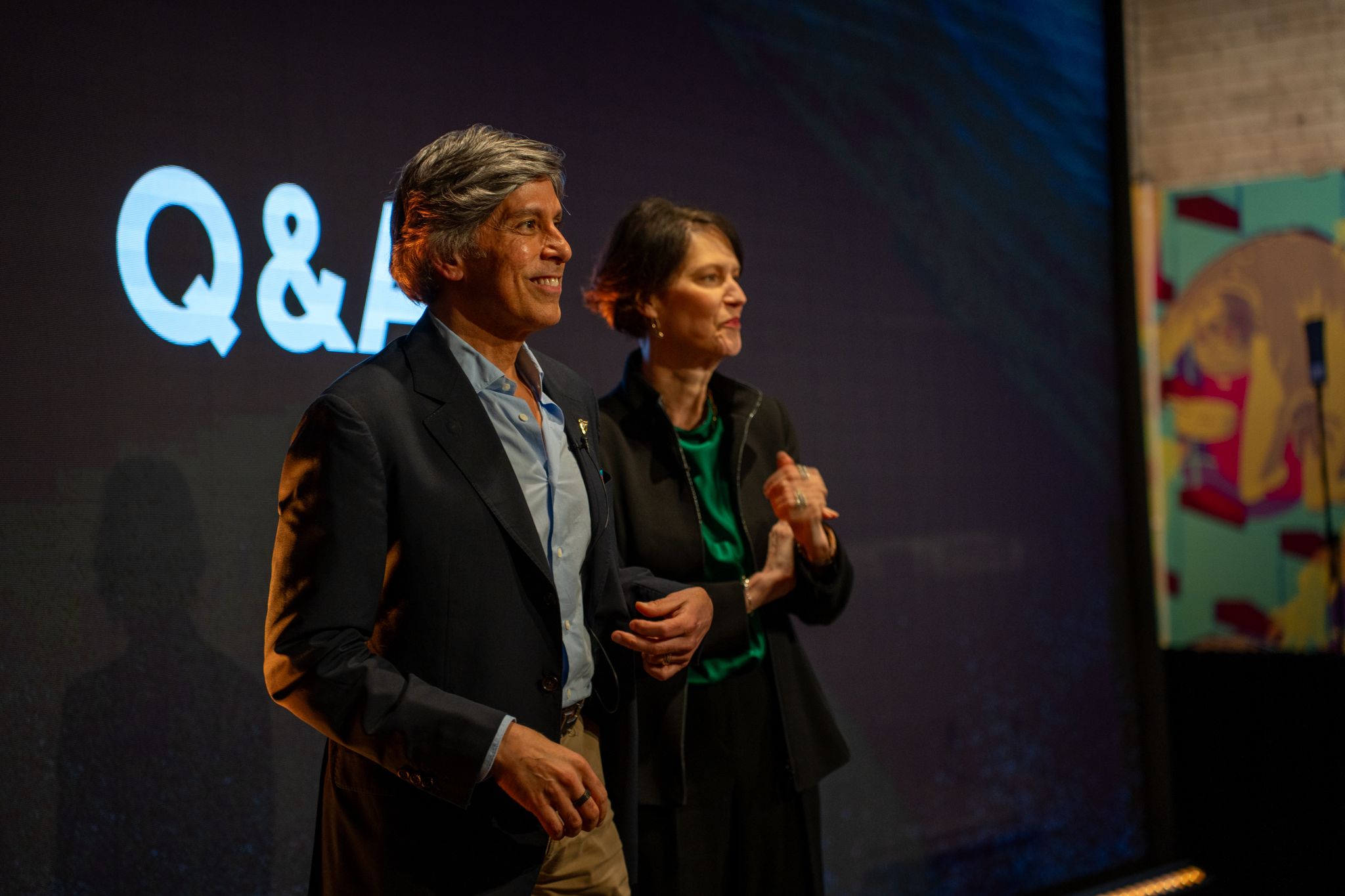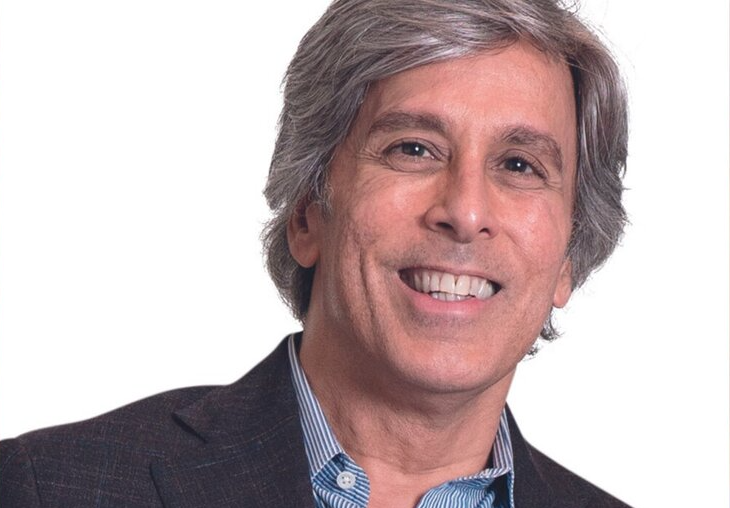Crew Abandons Ship at Diageo
Sir Ivan Menezes was bound to be a hard act to follow for Debra Crew on becoming Diageo’s new CEO in 2023. With the post-Covid hangover, a falling share price and a boardroom colleague allegedly angling for her job, her role became untenable, reports Ian Fraser…
When it emerged back in March 2023 that former US military intelligence officer Debra Crew, then aged 52, would replace Ivan Menezes as chief executive of Diageo, diversity champions were among those who celebrated. Writing on LinkedIn, Canada-based influencer Tatiana Vita said: "We raise a toast to a groundbreaking moment, as Debra Crew steps into her new role as the first-ever female CEO of Diageo. [She] is perfectly poised to lead Diageo to new heights."
Instead, Crew took the company's share price to new lows. On her watch it tumbled from nearly £34 to £19, which equates to £33.5 billion of value destruction.

On Wednesday 16 July, Crew who previously worked at Reynolds, PepsiCo, Kraft Foods, Nestlé, and Mars, left by "mutual consent" after failing to win the support of a board chaired by Sir John Manzoni, a former head of the Civil Service and a former BP executive. This followed alleged jockeying for position from subordinates including recently hired CFO Nik Jhangiani, a weaker backdrop for global spirits and a series of unforced errors on Crew's part.
On the day she was ousted, The Times accused her of creating a "jackhammer headache" for the company and its investors by serving up a cocktail comprising "a third each of sinking share price, management speak and rabbit-in-the-headlights startle".
Crew's biggest problem was her failure to convince analysts and investors in Diageo – which controls one-third of the global Scotch market with brands such as Johnnie Walker, White Horse and Lagavulin – that she was capable of getting Diageo out of a hole. AJ Bell investment analyst Dan Coatsworth said: "The fact the shares jumped on her departure is telling. Fundamentally, Diageo looked lost and investors had no idea where it was going."
On the day the Soho-based company confirmed that Crew was leaving with immediate effect it said that Nik Jhangiani, 59, would be taking over as CEO on an interim basis – even though he had no experience of the spirits sector before joining Diageo as CFO in September 2024.

Smooth-talking Jhangiani, who is fluent in management speak such as "multi-year journey", "asset-light model", "hyper-focused on deleveraging" and "total A&P bucket," is apparently much more popular with investors than Crew. "Nik comes across as very credible and says all the right things," Aviva fund manager Kunal Kothari, told the Financial Times.
However, it would be wrong to pin all Diageo's travails on Crew alone. The wider spirits sector is facing something of "a perfect storm" including Donald Trump's ever-changing tariffs, general economic woes and falling consumption among Gen Z and Millennials.
Against this backdrop, other drinks firms are faring even worse than Diageo. Over the past five years, Diageo's share price is down 33.3%, a less severe fall than at Pernod Ricard (down 38.1%), Brown Forman (down 58.5%) or Rémy Cointreau (down 61.5%) .
It's also arguable that Crew inherited a "hospital pass" from Menezes, who died aged 63 in June 2023. It was Menezes who presided over the "channel stuffing" which caused Crew so much grief early in her stint as his successor. In what Crew called her "oops moment", Diageo was forced to issue a profit warning on 10 November 2023, after the previous regime had allowed distribution channels in Latin America to become massively overloaded.
Menezes also presided over a near-doubling of the company's debt and set unrealistic growth targets of 5% to 7% a year. Both caused a headache for Crew as the alcoholic beverages market started to lose its fizz post-Covid. She and Jhangiani eventually got around to scrapping the growth targets, long after investors knew they were unfeasible, in February 2025, citing uncertainty about tariffs.
Plans for a ruthless pruning of Diageo's portfolio – as a means of reducing its debt – were unveiled by Jhangiani and Crew, on 19 May. Speaking at an analyst and investor event in Dublin days later, Jhangiani said: "assets which are not strategic or core to our business will be disposed of." He also suggested some Scotch whisky distillery closures, while Jefferies analyst Ed Mundy added that some Scotch brands could be among those that get offloaded.

Most investors also see Nairobi-based East African Breweries Limited (EABL), the Chinese baijiu business, or some larger, underperforming brands, such as Captain Morgan rum, as further candidates for disposal. Kai Lehmann, analyst at Flossbach von Storch, told Reuters he would prefer Diageo to exit whole categories: "The new CEO must immediately set about sharpening the portfolio and divesting categories and brands with no growth potential." On 19 May, Jhangiani also confirmed that the company is targeting cost cuts of $500m a year, which some analysts see as unambitious.
But how bad are the problems at Diageo and will Crew's permanent successor, however dynamic, actually be able to fix them? On 5 July independent investment analyst Alan Galecki said that due to "anaemic growth," Diageo "is more of a lame duck than a growth story." He warned that the shares have further to fall, and urged investors to "sell", as the company's "turnaround prospects remain uncertain".
Despite a halving of its share price since January 2022's peak, the company is still the 18th largest in the FTSE with a market cap of £41.2bn and others are more bullish about its prospects. Speaking at a recent event in Edinburgh, Charlotte Yonge, co-manager of Personal Assets Trust, said: "The per capita consumption of alcohol over the very long term has been stable, and spirits' share of that volume is continuing to rise, as is premiumisation. When you consider the portfolio of premium brands like Diageo has, it should create value over the long term."
Verushka Shetty, analyst at Morningstar said: "Diageo's entire portfolio is the strongest in the industry, based on aggregate brand power… We think there is a buying opportunity with shares currently undervalued."
In the short term, much will depend on the results that interim CEO Nik Jhangiani serves up tomorrow – Tuesday, 5 August. Investment analysts are not yet expecting much, predicting that the company won't generate 2023 levels of operating profit until 2029 at earlier. If Diageo does break with its 25-year record of unbroken dividend growth, then I suspect all bets are off.

Ian Fraser is a financial journalist, a former business editor of Sunday Times Scotland, and author of Shredded: Inside RBS The Bank That Broke Britain.
